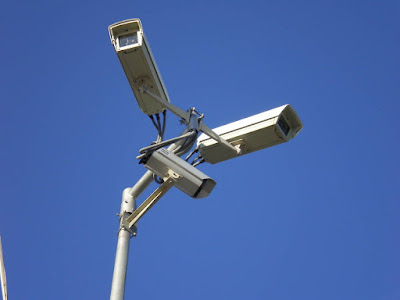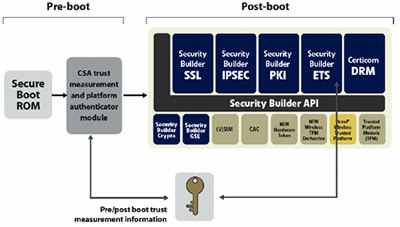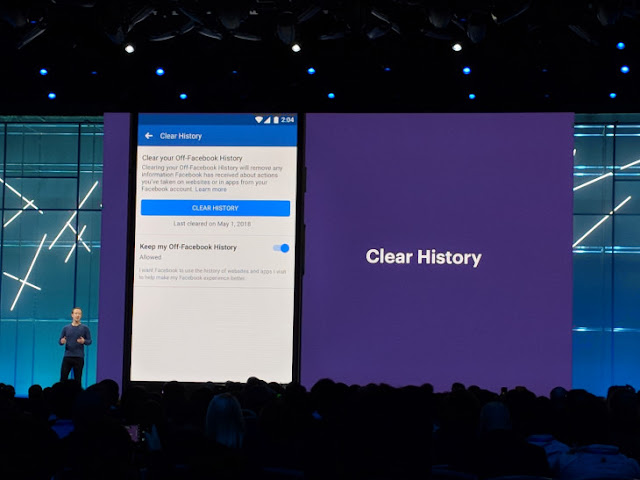The global community is increasingly embracing ICTs as key enabler for social and economic development. Governments across the world recognize that digital transformation has the power to further the prosperity and wellbeing of their citizens. In supporting this transformation, they also recognize that cybersecurity must be an integral and indivisible part of technological progress.
With increasing cyber attacks on industries across the globe, the demand for cyber security and cyber crime professionals has never been higher.
A fundamental role of ITU, based on the guidance of the World Summit on the Information Society (WSIS) and the ITU Plenipotentiary Conference, is to build confidence and security in the use of Information and Communication Technologies (ICTs).
At
WSIS, Heads of States and world leaders entrusted ITU to be the Facilitator of Action Line C5,
"Building confidence and security in the use of ICTs", in response to
which ITU launched, in 2007, the Global Cybersecurity Agenda (GCA), as
a framework for international cooperation in this area.
- National CIRT Programme
The absence of institutional structures to deal with cyber
incidents and attacks resulting in fraud or the destruction of information, is
a genuine problem in responding to cyber threats.
- Global Cybersecurity Index
The Global Cybersecurity Index (GCI) is a project to measure
the cybersecurity capabilities of nation states and hence enable informed
decisions to foster a global culture of cybersecurity.
- CHILD Online Protection (COP)
COP has been
established as an international collaborative network for action to promote the
online protection of children worldwide.
- National Strategies
A clear roadmap agreeable to all stakeholders must be devised
to effectively enhance national cybersecurity capacity.
- Standardizing Security
ITU-T's Study Group 17 is responsible for building confidence
and security in the use of Information and Communication Technologies (ICTs).
This includes studies of several technologies with regards to cybersecurity.
- Securing Radiocommunications















No comments:
Post a Comment